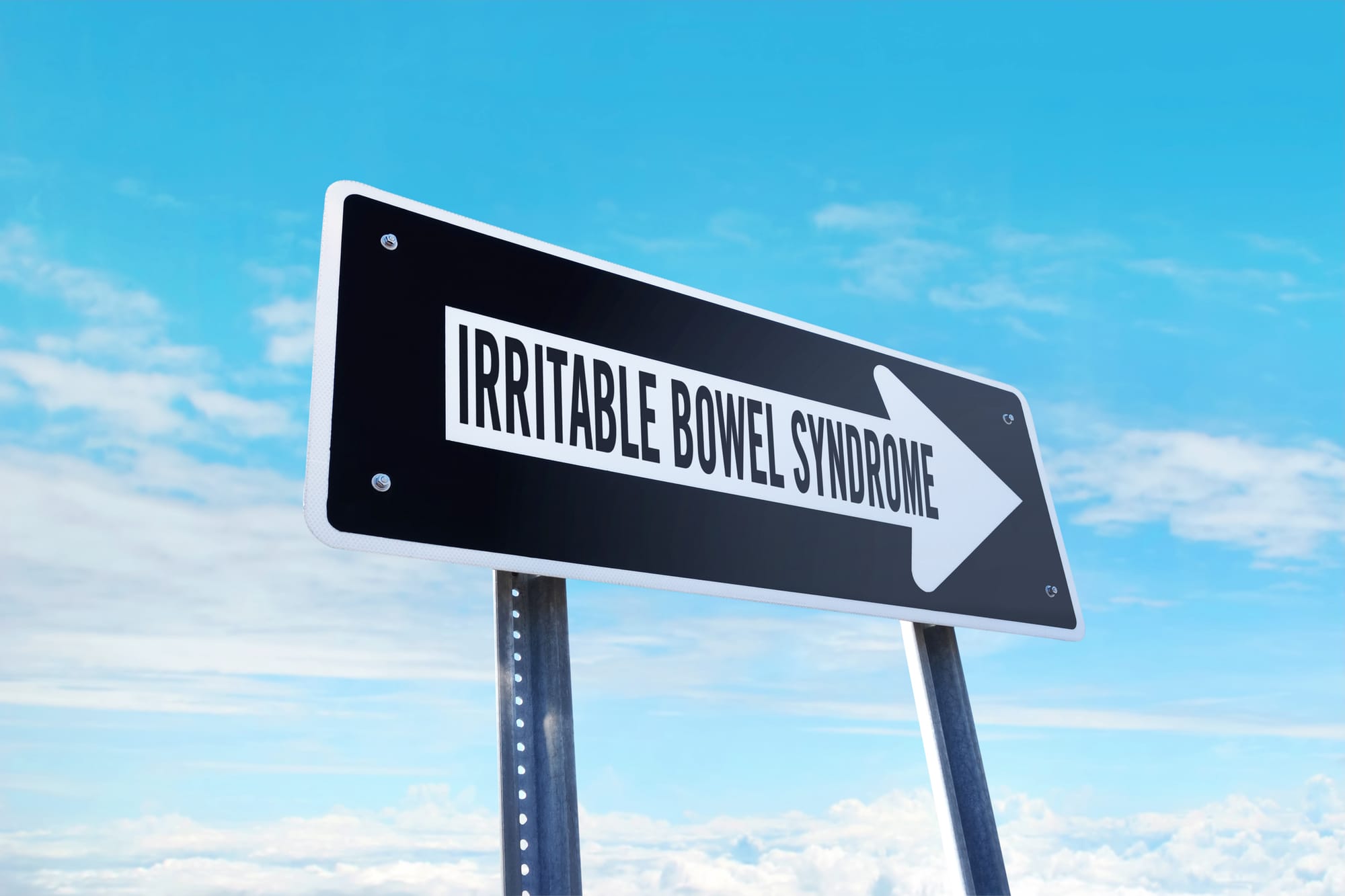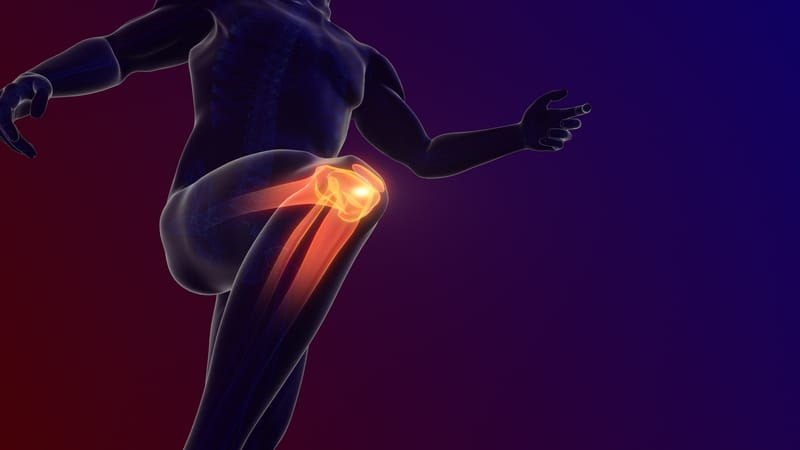
Patients are asked to imagine their gut as a beautiful, perfectly slimy set of passages, where all the digesting food slips through as if smoothly lubricated. Or they might be asked to think of their gut system as a free-flowing river, no obstacles, no blockages, everything working as it should.
This is the brave new world of hypnotherapy treatment for IBS – irritable bowel syndrome – a nasty and mysterious gut disorder that affects as many as one in seven Australians. At best it's painful and restricts diet and lifestyle. At worst it's totally debilitating, leaving sufferers essentially crippled, disheartened and often unable to work.
Research has shown hypnotherapy can reduce symptoms of irritable bowel syndrome (IBS) by 70% in patients.
The cause of IBS is unknown and studies have revealed that IBS is more common in women than men. Treatment with drugs such as laxatives and antispasmodics don’t usually work too well. Symptoms can include constipation, bloating, diarrhoea but also nausea, lethargy and psychological issues such as anxiety and depression. It's a massive drain on the healthcare system and – with other related or imagined ailments – accounts for huge chunks of gastroenterologists’ and GPs’ time.
Yet hypnotherapy, directed specifically at the gut, may turn out to be a major part of the solution.
Monash University has completed a major study (Editorial: gut‐directed hypnotherapy or low FODMAP diet for the treatment of irritable bowel syndrome?) with results so positive that even the researchers were surprised. In conjunction with Monash’s groundbreaking low FODMAP diet – developed 12 years ago – it could unlock the suffering that comes with IBS. FODMAPs are sugars in foods and additives that are not absorbed properly in the gut and can trigger IBS symptoms.
Read more: The FODMAP app that's changing lives, five years on
The hypnotherapy study – led by Dr Simone Peters – wanted to consolidate findings by UK researchers suggesting the therapy was effective. Dr Peters is part of Monash University and the Alfred Hospital’s Department of Gastroenterology. She also has one of Melbourne’s two hypnotherapy/IBS private clinics and is a psychophysiologist by training.
“There was some talk from the UK about hypnotherapy,” she says. “But there was nothing being done here. We thought, ‘Let’s give it a shot.’ So we designed a study.”

The participants (78 people) were divided into groups using hypnotherapy alone, diet alone and a combination. The results astounded her.
“It was hugely surprising, “she said. “We found hypnotherapy was incredibly beneficial.”
The results showed hypnotherapy was as beneficial as the low FODMAP diet. Seventy per cent of those surveyed responded positively to the hypnotherapy, and there was a significant improvement in their overall and individual gut symptoms ( abdominal pain, bloating, wind, satisfaction with stool consistency, nausea) by the end of the six-week study. This improvement was also maintained six-months post-treatment, suggesting that the response was not purely a placebo.
People doing only the hypnotherapy part of the study hadn't excluded anything from their diets.
“That surprised and interested us,” Dr Peters said. “We would have expected the results to have not been as nice as the dietary arm. We also found the people who did the combination therapy didn’t do any better than those who did either one therapy on their own.” However, Dr Peters said those studied had only “low-level” or “normal” symptoms.
Read more: Gut feeling: Is a carbohydrate called fructan giving gluten a bad rap?
The study also found that hypnotherapy was effective psychologically, too – patients were less anxious and less depressed after using it. The participants, though, were not particularly anxious or depressed individuals. This suggests that hypnotherapy shouldn't be saved for people with psychological co-morbidities. The dietary study showed no change in psychological symptoms or distress.
But while hypnotherapy seems to be ideal for some IBS sufferers, the medical jury is still out on yoga.
Recently, two researchers from Monash’s Department of Gastroenterology – Dr Jane Muir and Dr Marina Iacovou – responded to an academic paper that compared yoga to a low FODMAP diet and found yoga was just as good.
However, the Monash experts found the study “was not properly managed and was weighted toward yoga rather than diet, with nutrition components 'very vague'".
“We don’t want to bag yoga,” says Dr Muir, “but if you do these sorts of studies you have to do them properly. Food and diet is complex. You have to design a diet study very carefully and make sure you have the right clinicians delivering the diet. Then if you have well-controlled dietary studies they become harder and harder to criticise.”

Yoga may well turn out to be as effective as hypnotherapy. They both work on the body and the mind in similar ways. But for now, yoga is unproven, while hypnotherapy keeps proving itself.
“There is a brain-gut axis,” says Dr Iacovou. “There is strong communication between the two. The hypnotherapy is getting the mind in a relaxed state and getting you to think about how you're feeling and how your gut is feeling so that when you have an IBS episode you can use it as a tool.”
That’s the free-flowing rivers and smooth, slippery passages in the gut the patients are asked to imagine.
“It's not for everyone, but it has definitely become an option for many people,” Dr Iacovou said.
The next phase of the Monash research, funding permitting – and it's hard to get funding for so-called ''alternative'' therapies – is to do more detailed studies (such as finding out which kinds of patients are most likely to respond) so that hypnotherapy for IBS becomes better understood and used more widely.
Read more Unlocking the mysteries of coeliac disease





